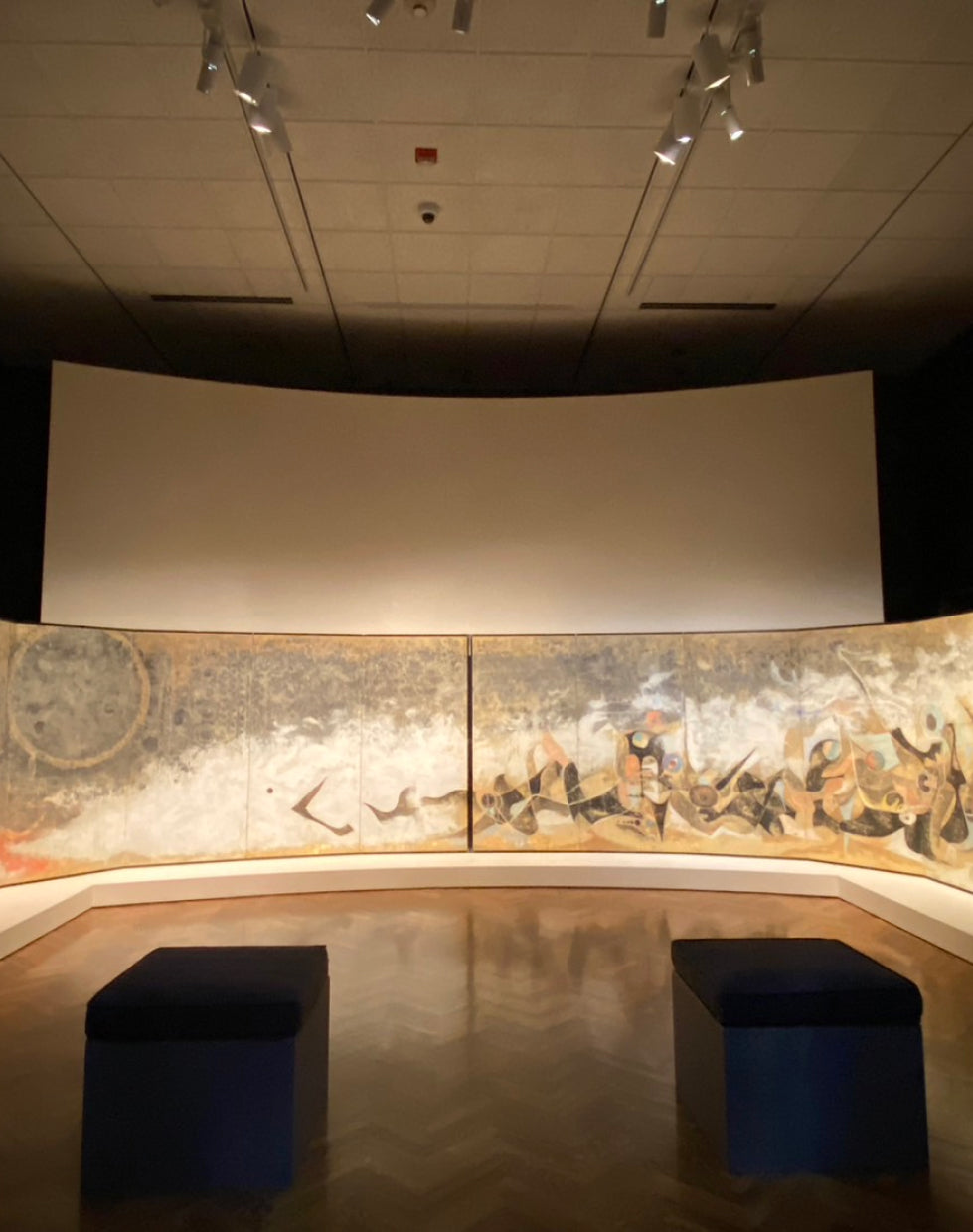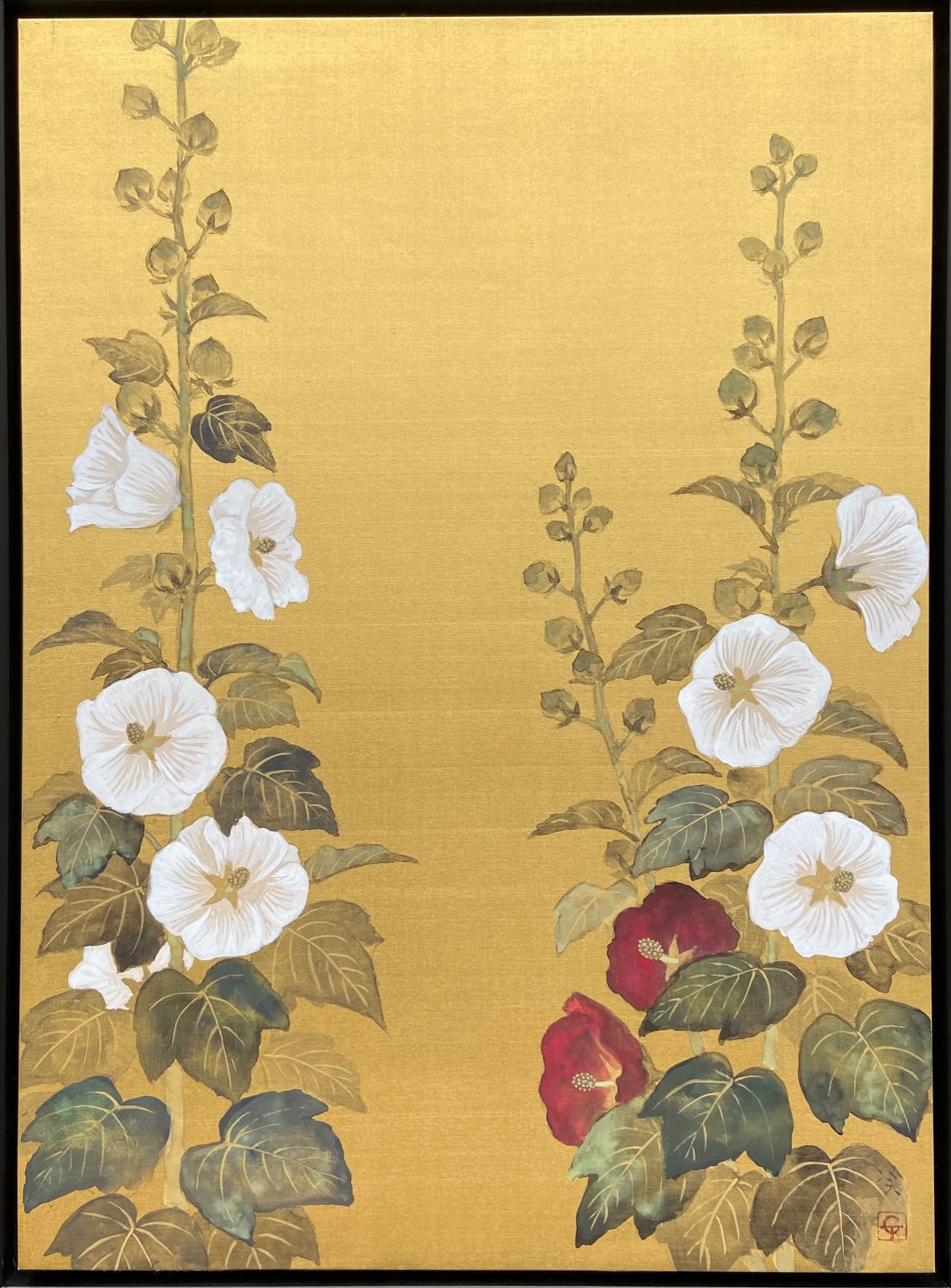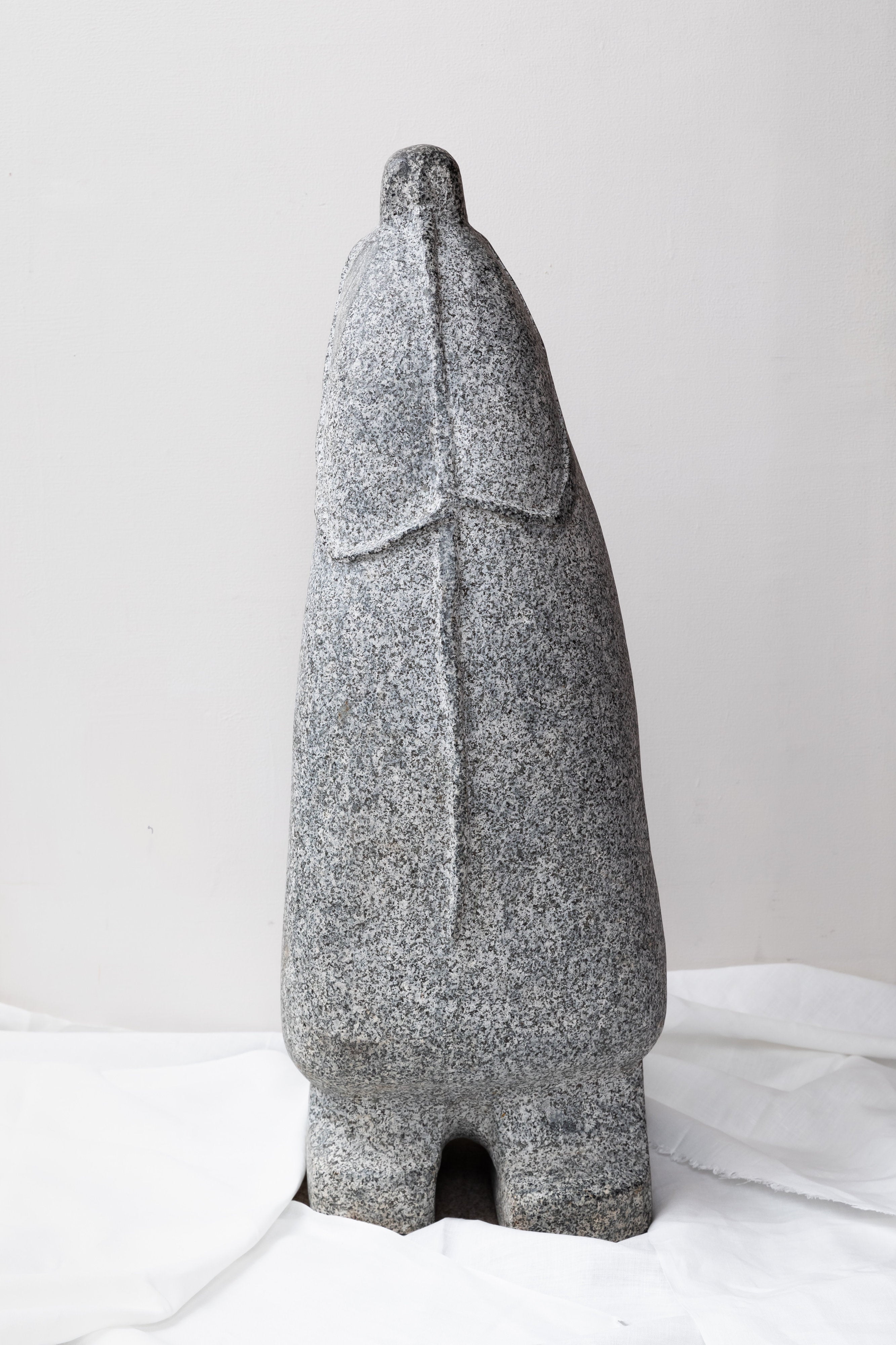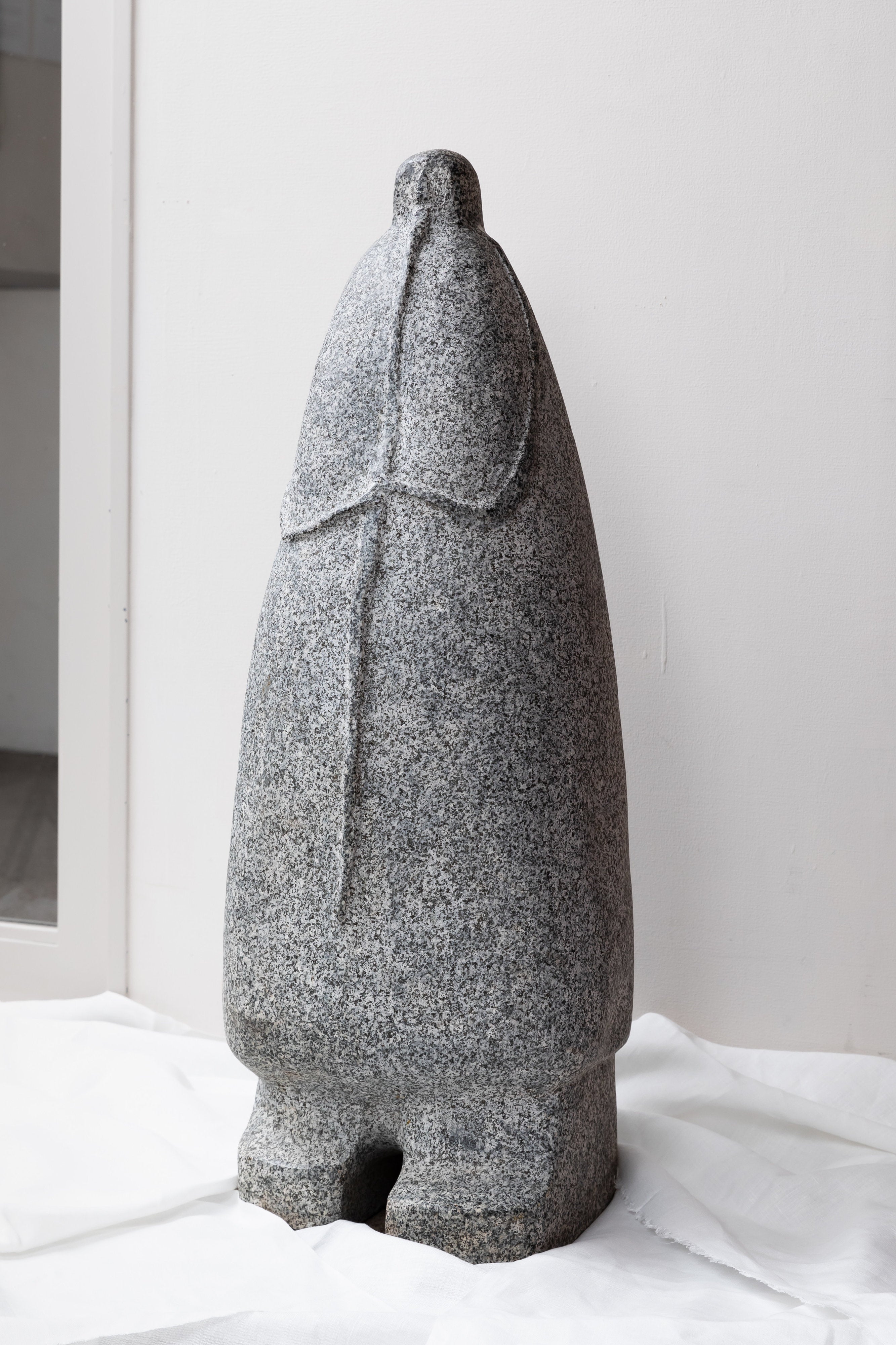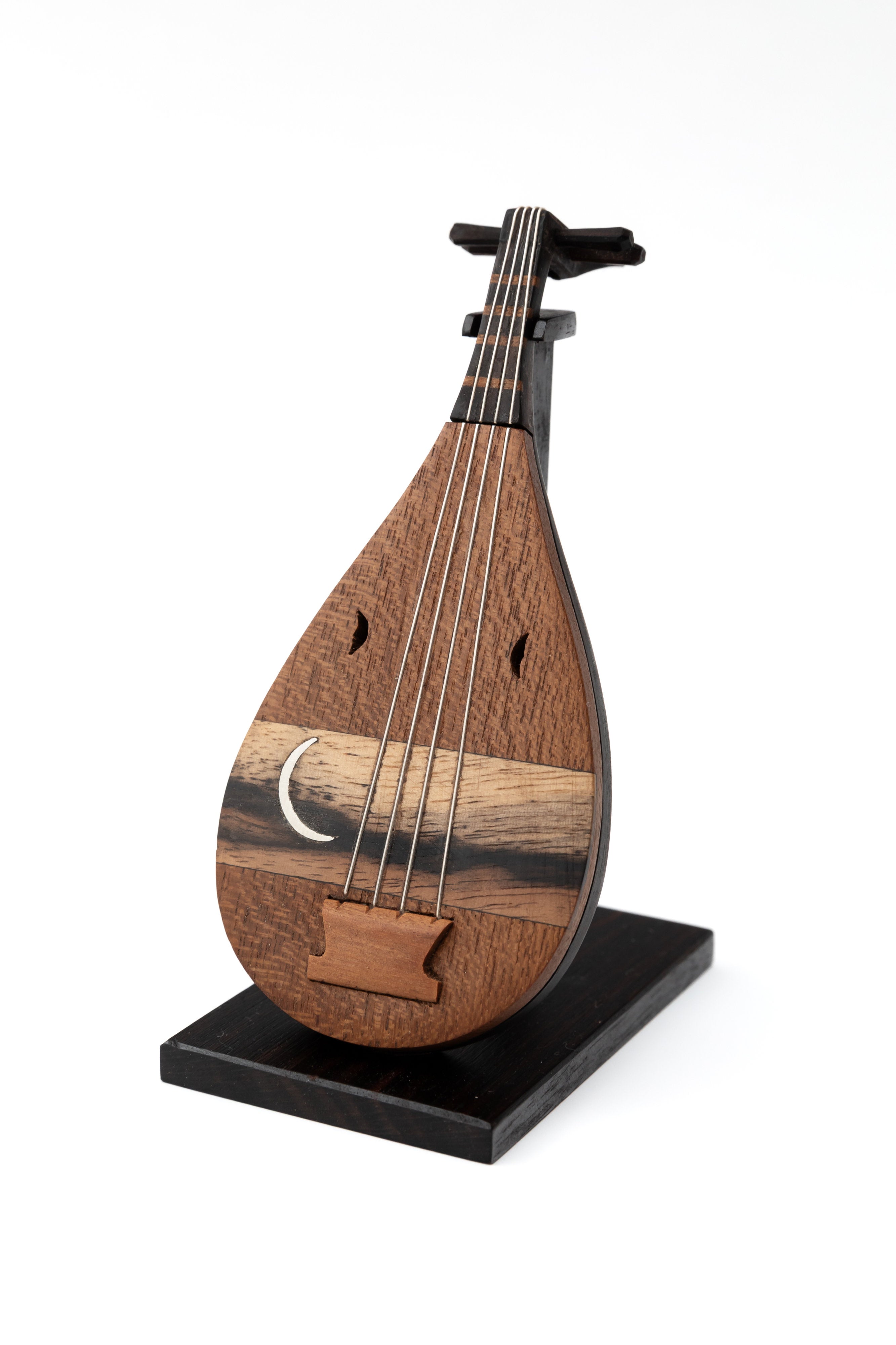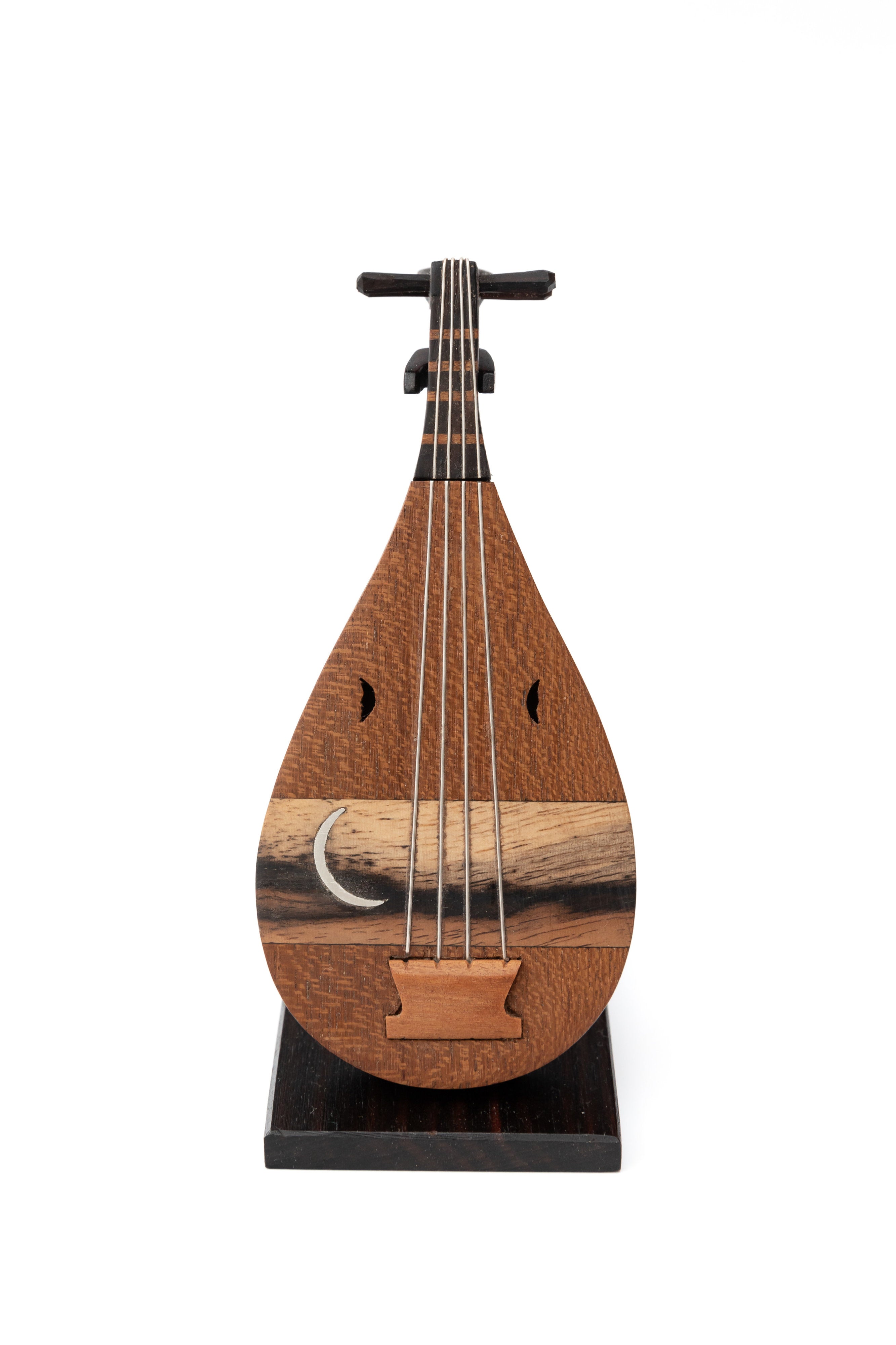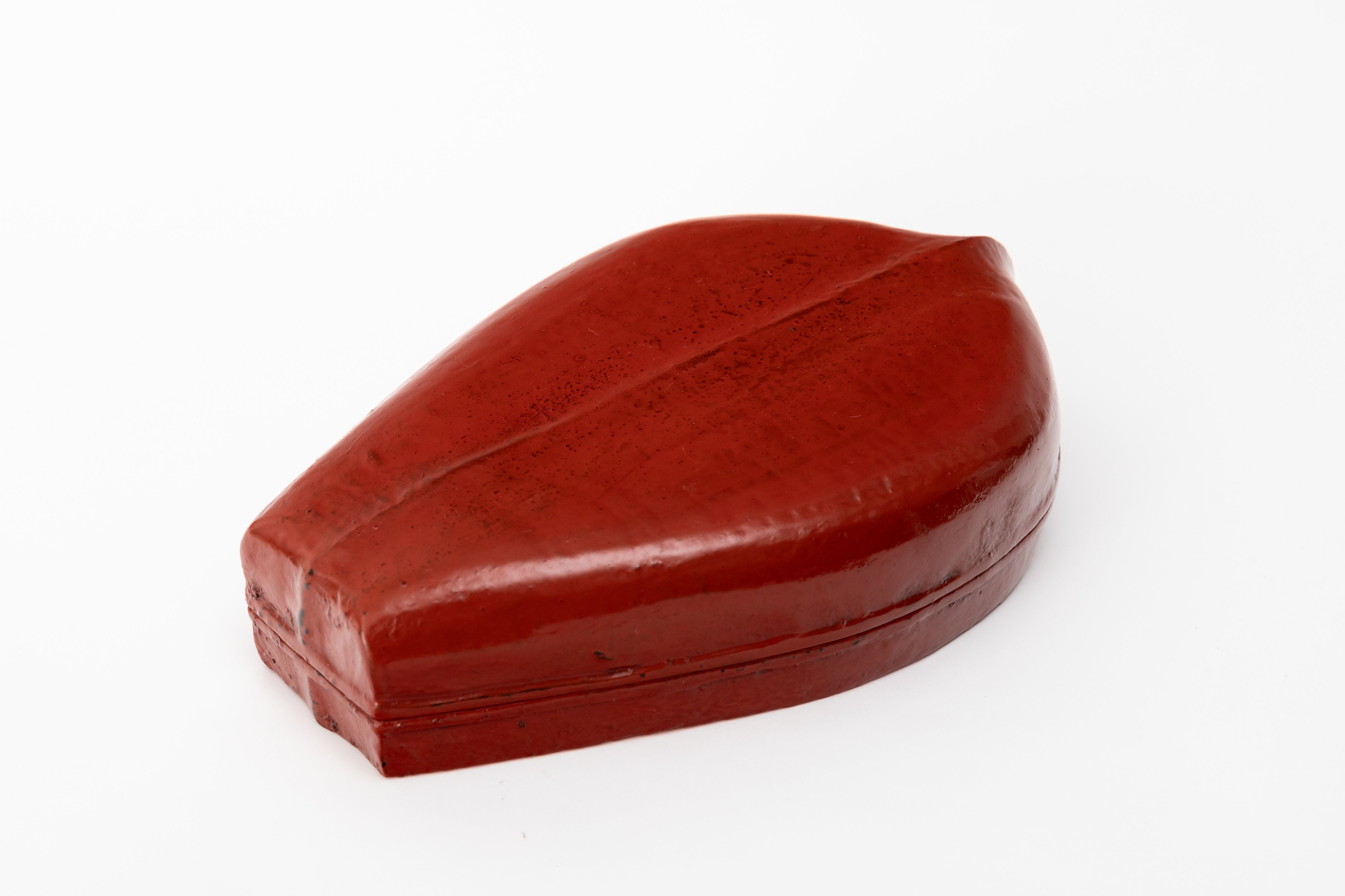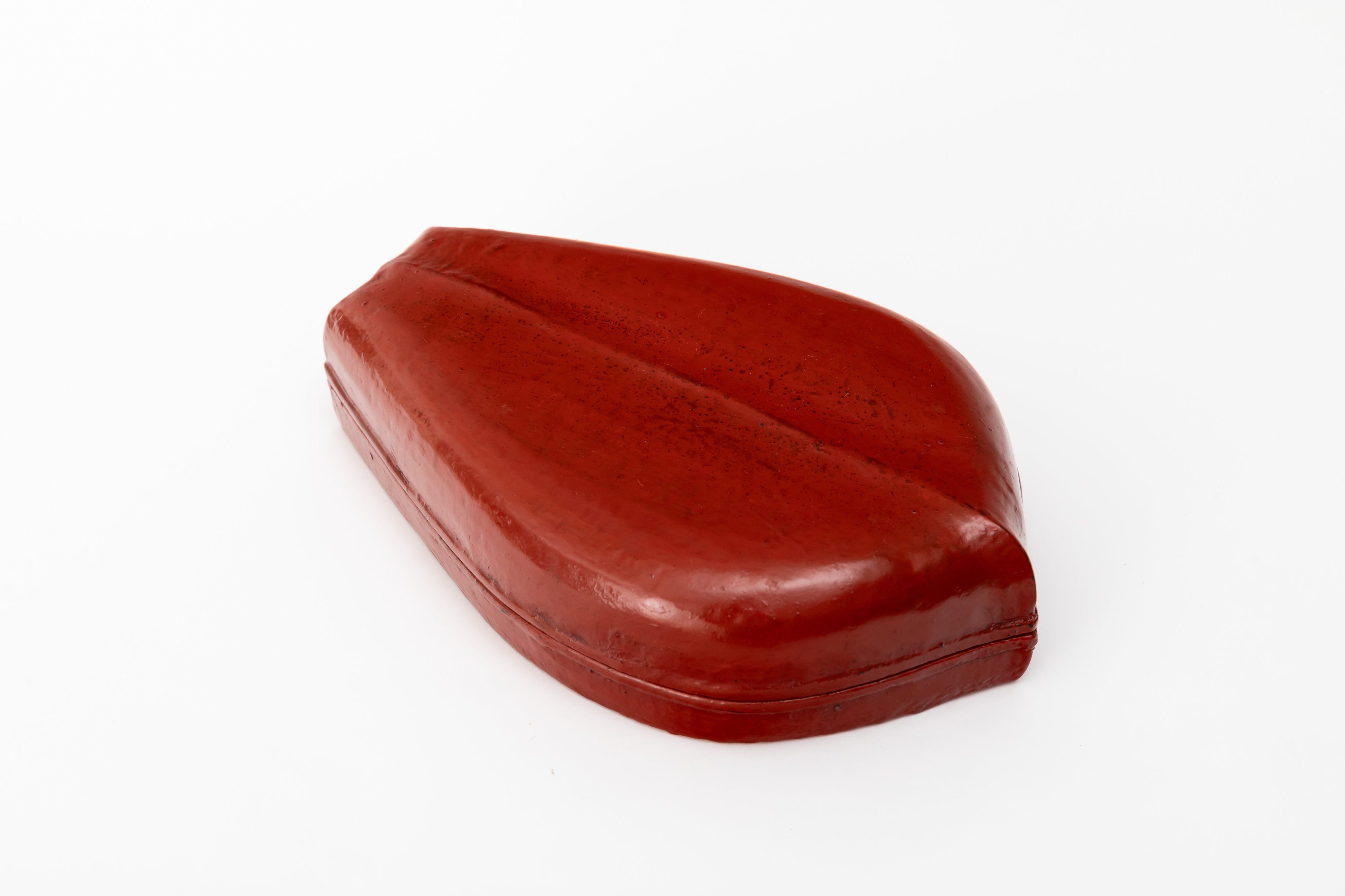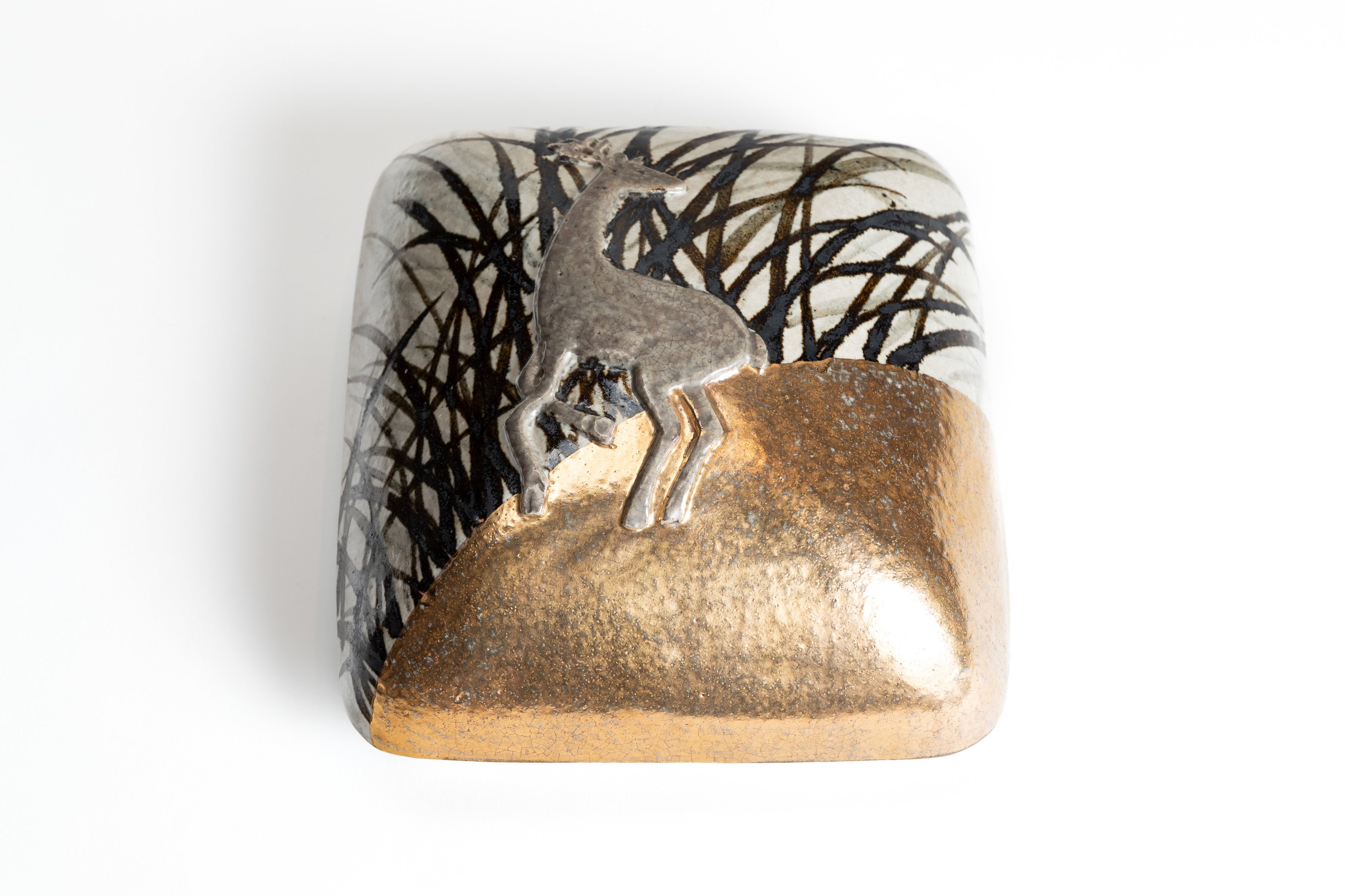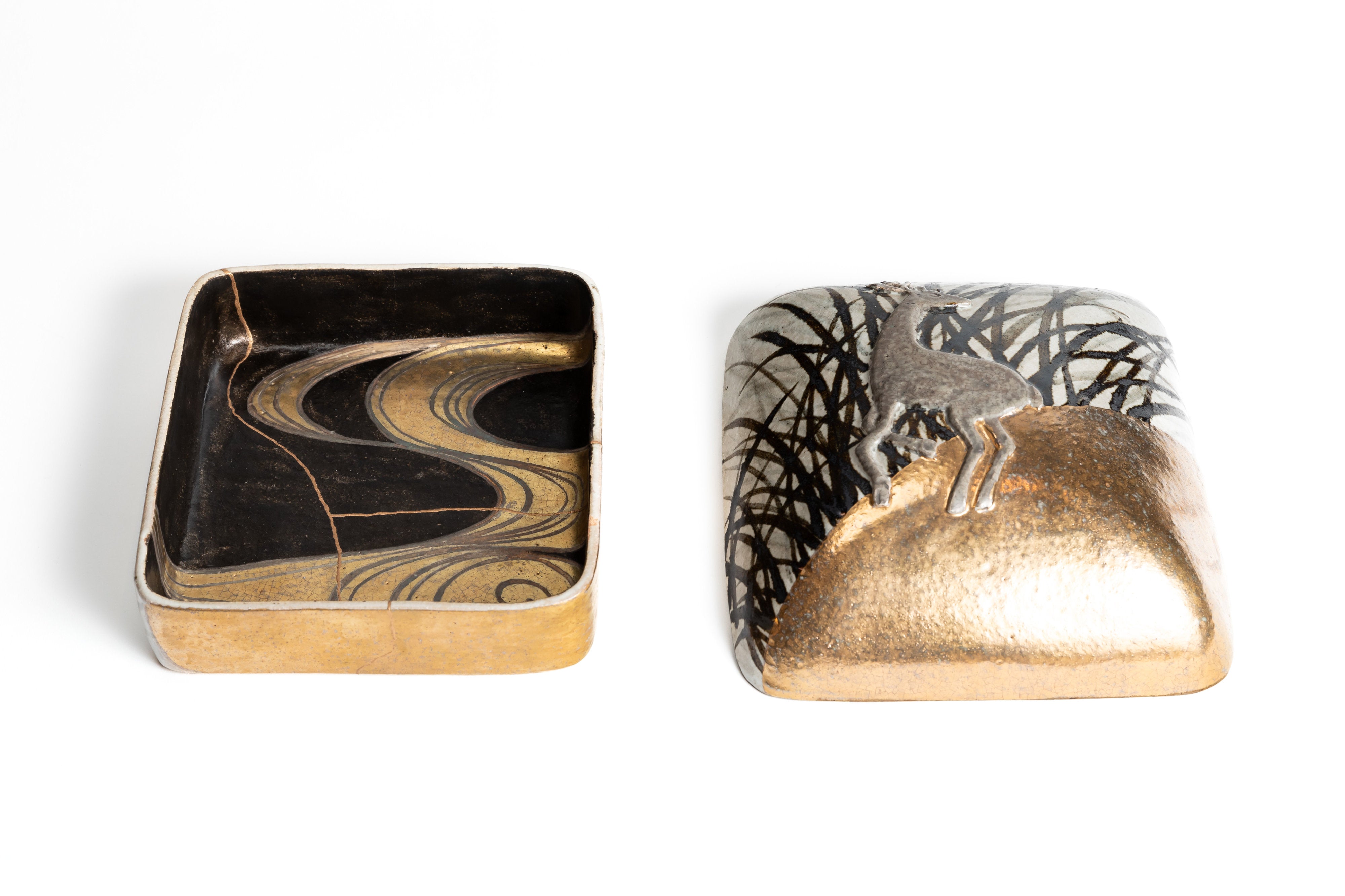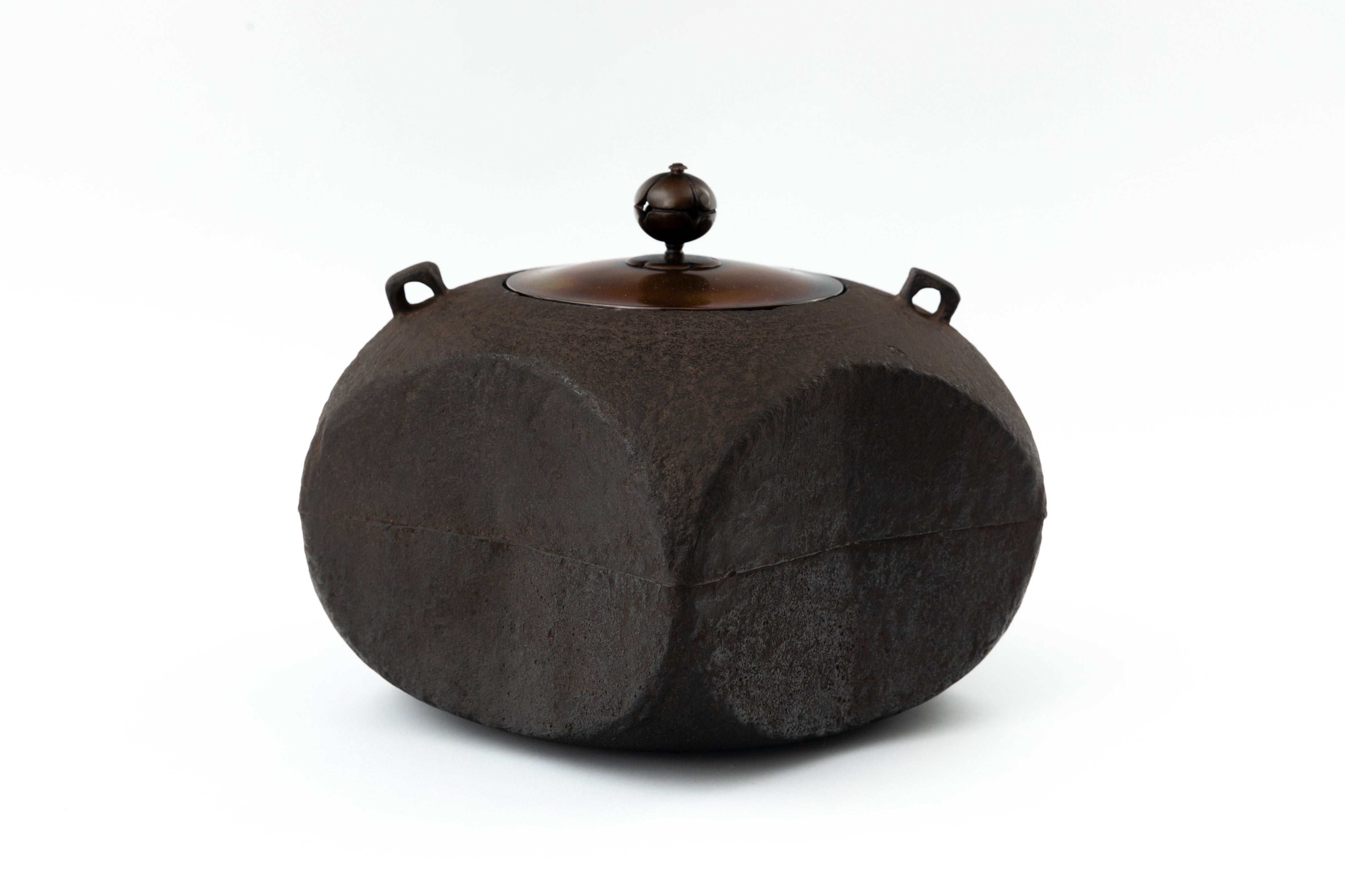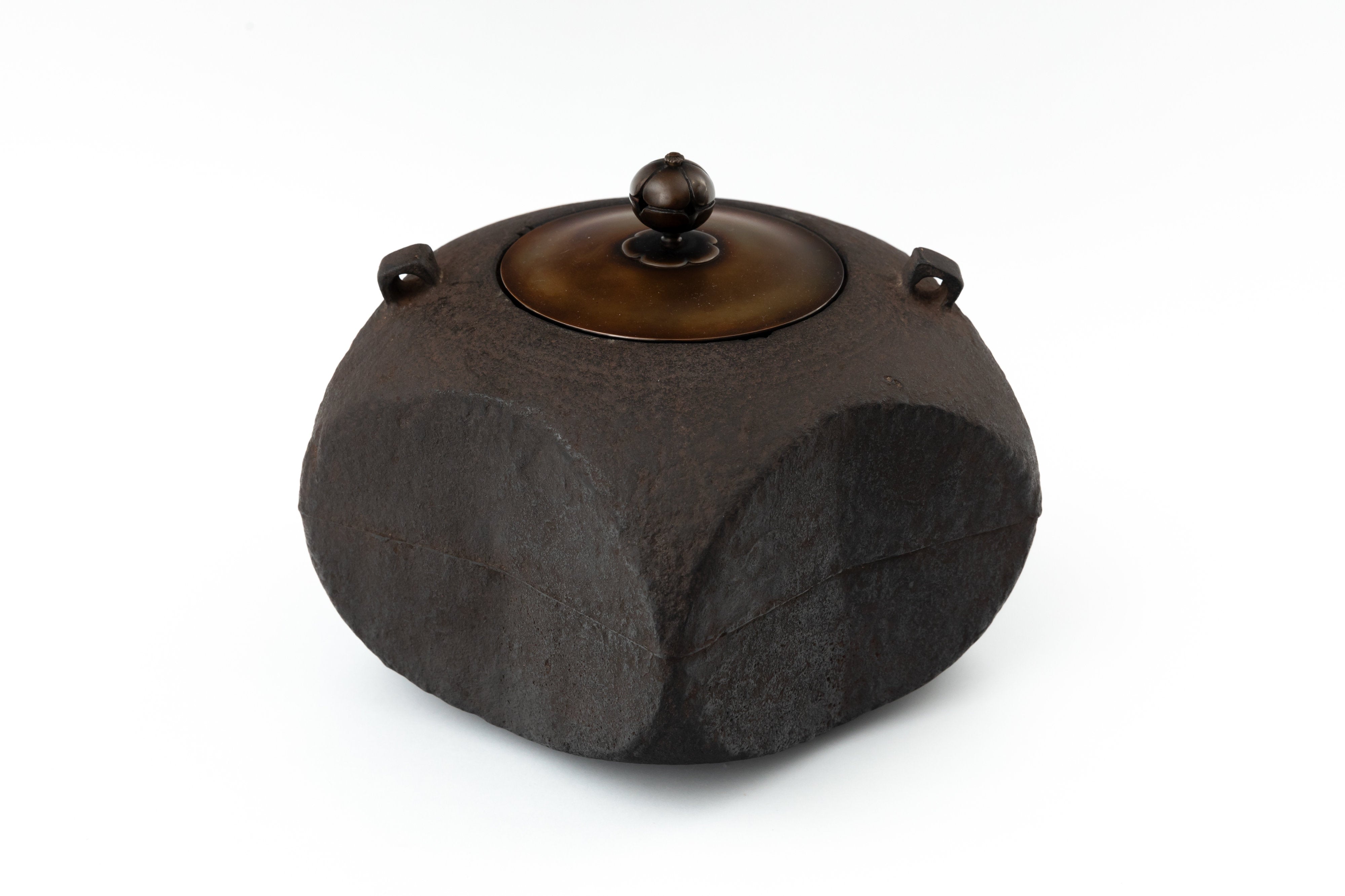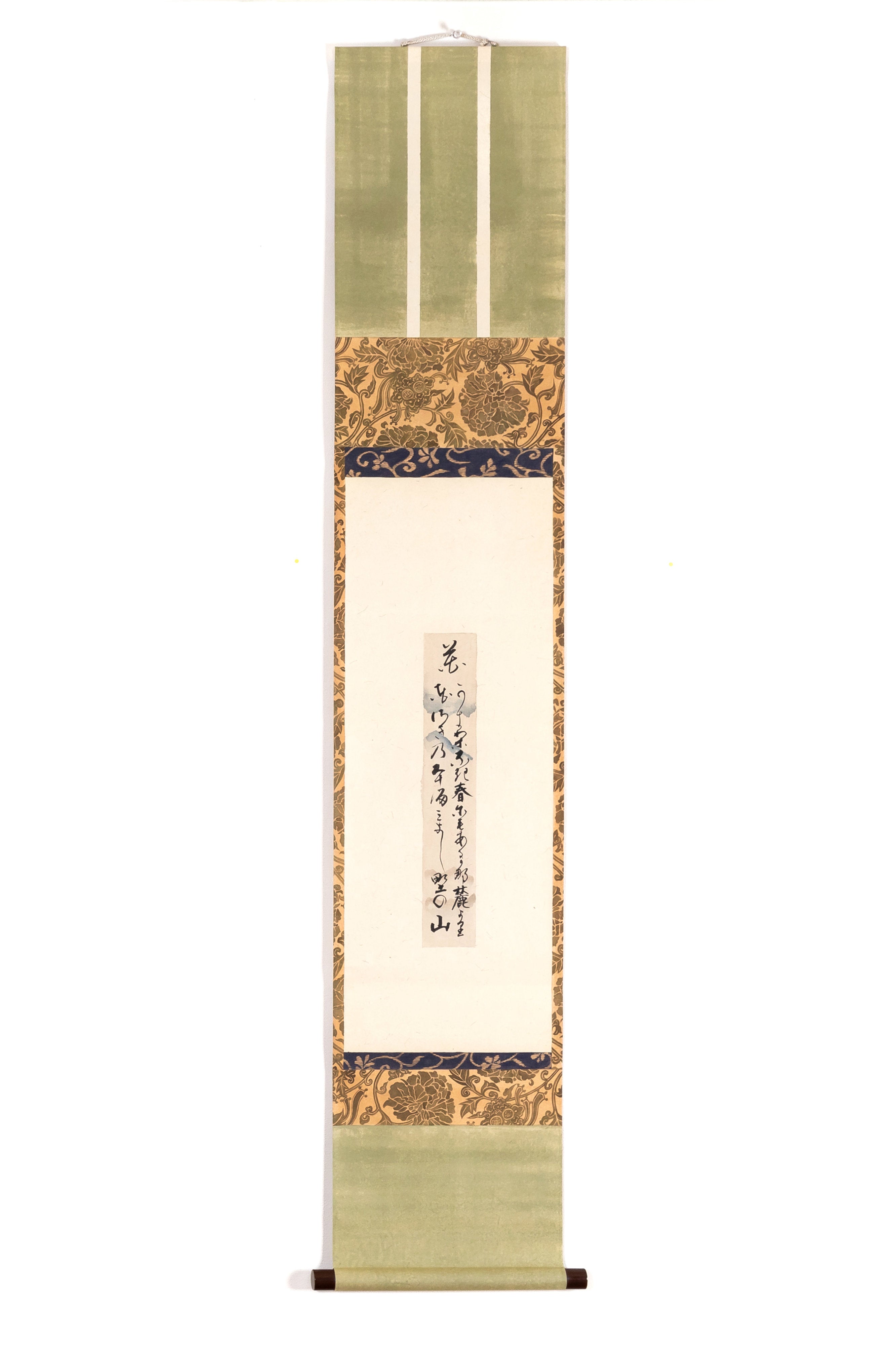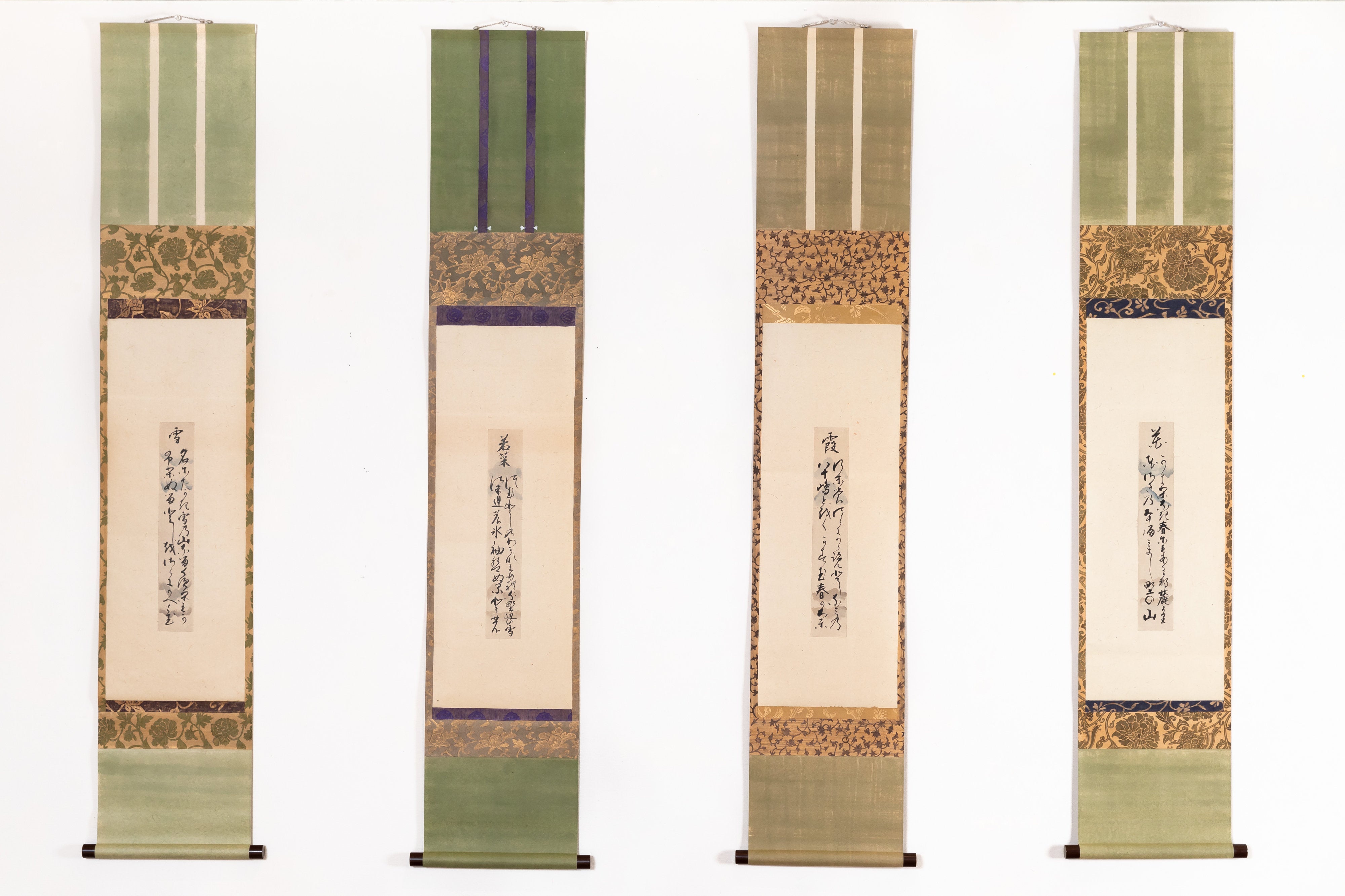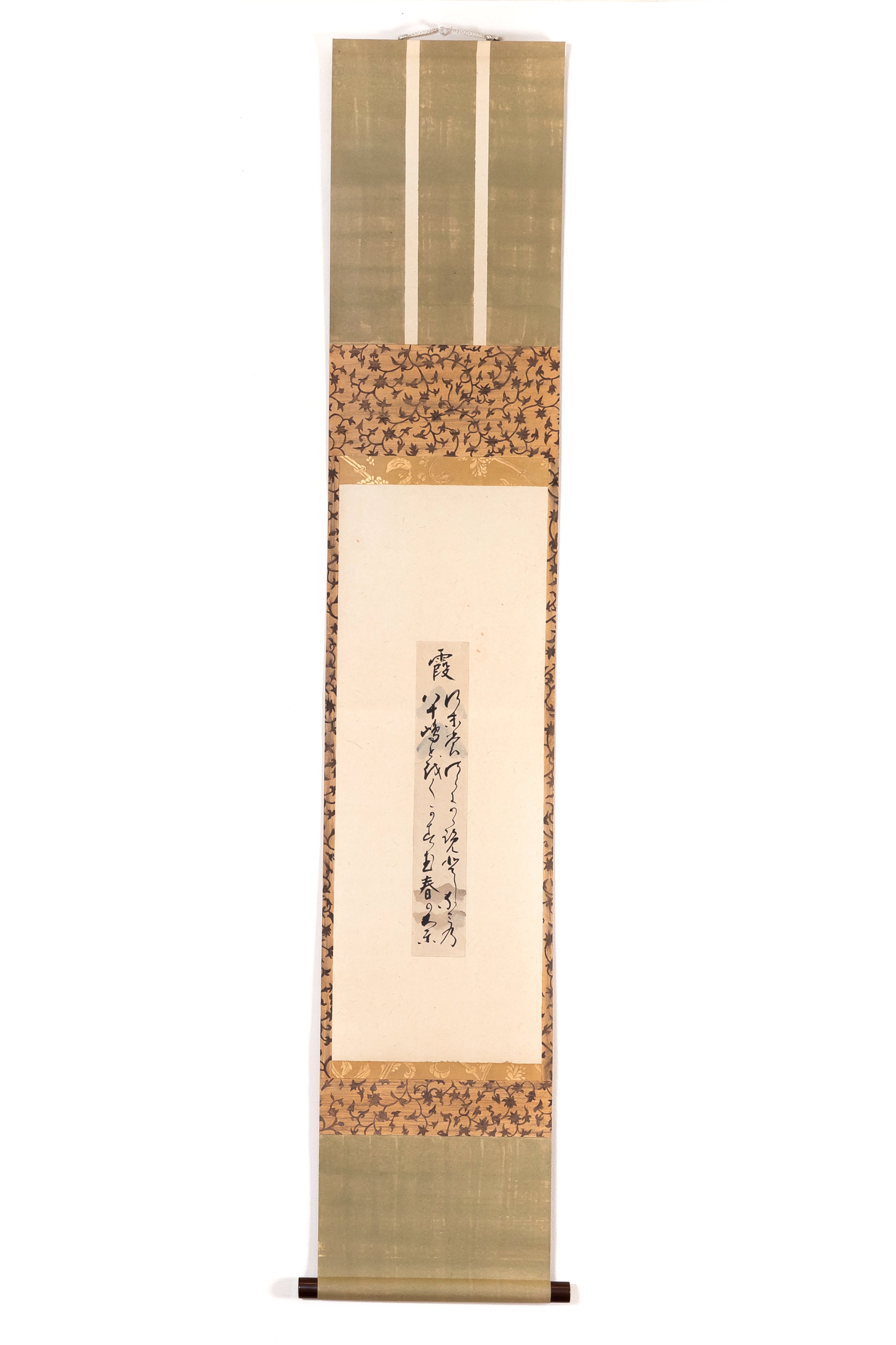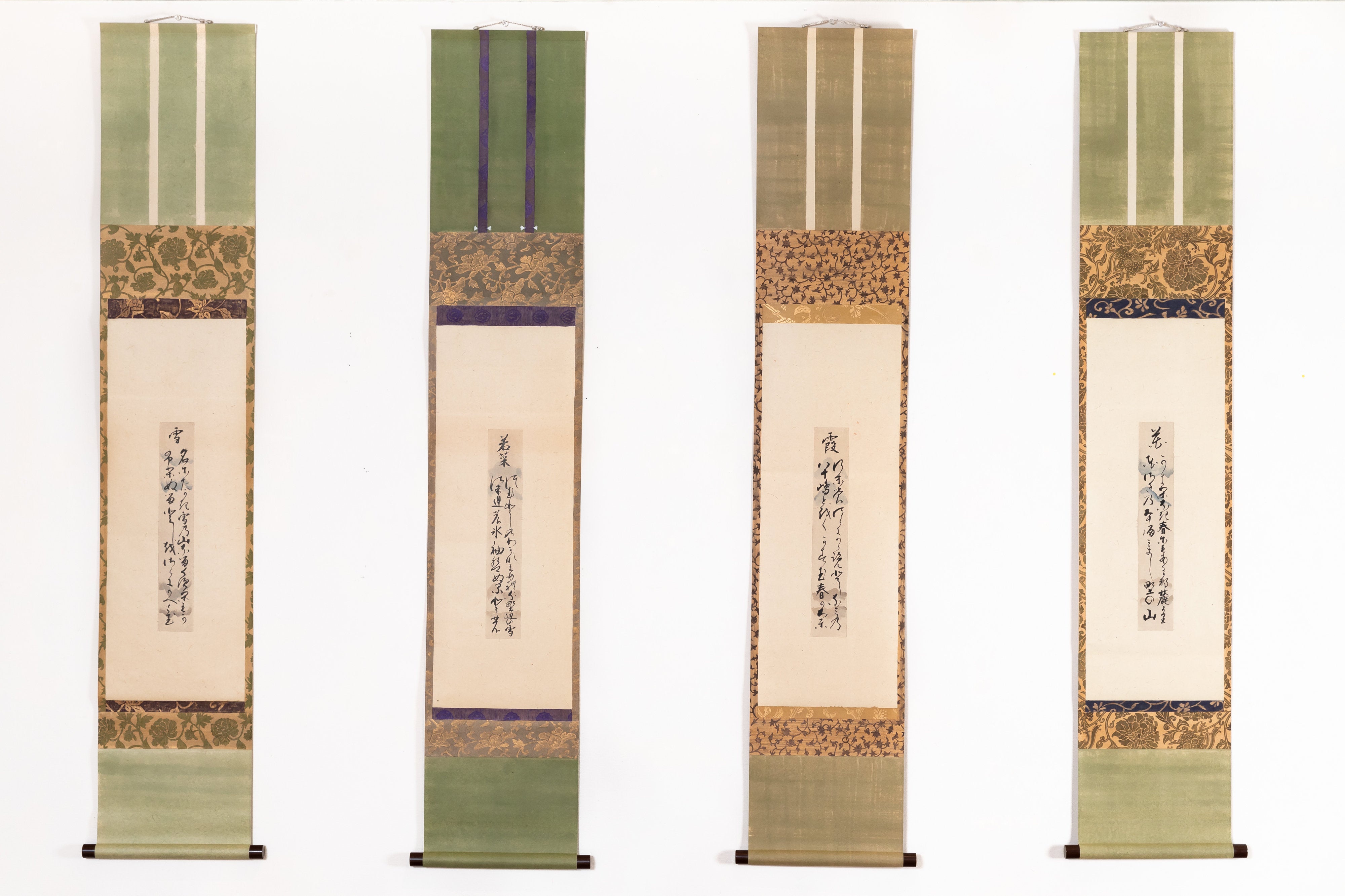Ginza Ippodo Tanabata Festival
銀座一穂堂の七夕の節句
What is Jōshi no Sekku (Peach Festival)?
Jōshi no Sekku is one of the five seasonal festivals in Japan, and is an event held on March 3rd to pray for the growth and health of girls.
It is also known as the Peach Festival. The festival originated in China, where there was a custom of purifying oneself by the water on the day of the snake in early March.
When it was introduced to Japan, during the Heian period it became the custom of "Nagashibina," in which paper dolls were floated down the river to ward off evil spirits.
During the Muromachi period, "hina asobi (playing with dolls)" became popular among the children of the nobility.
During the Edo period, it spread among the common people and became established as "Girl's Festival."
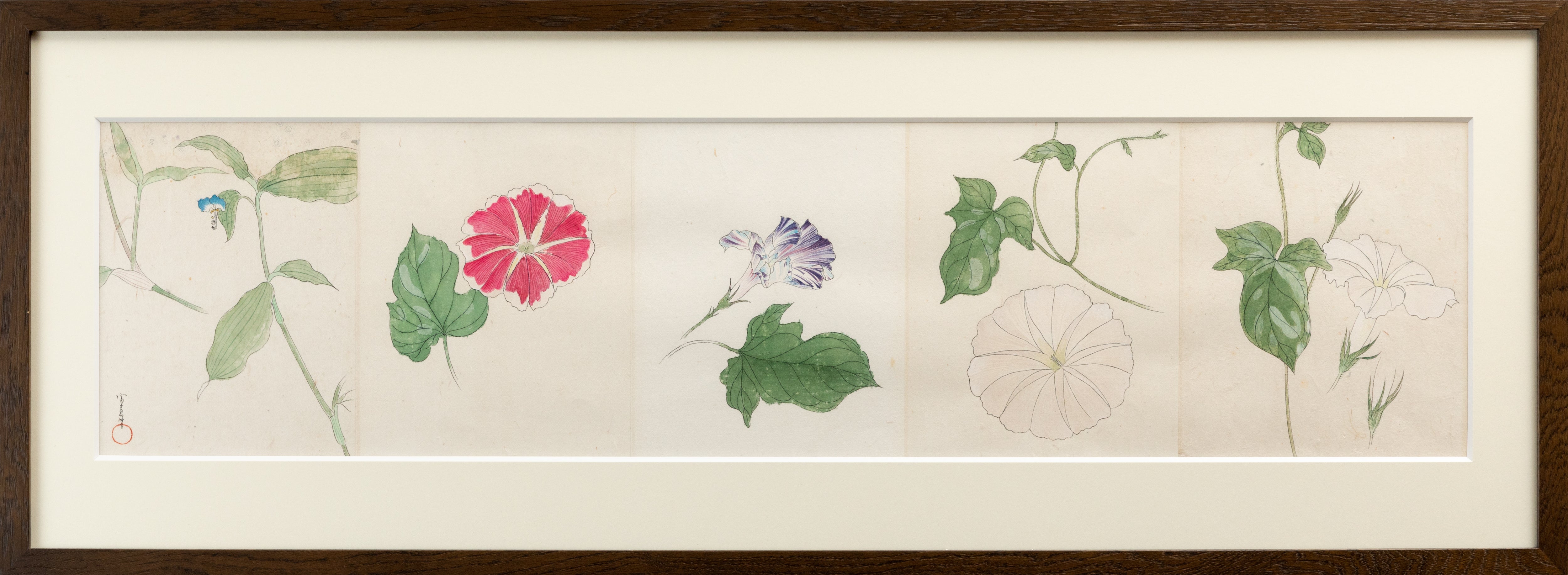
On the Girls' Festival, the following auspicious foods are served:
Hina Arare : For protection from evil and good health
Hishi-mochi : Red, white, and green rice cakes that symbolize longevity and protection from evil
Peach Blossom Wine : Liquor made from peach blossoms, which are said to ward off evil spirits. Each of these foods is imbued with wishes for warding off evil, good health, and longevity.
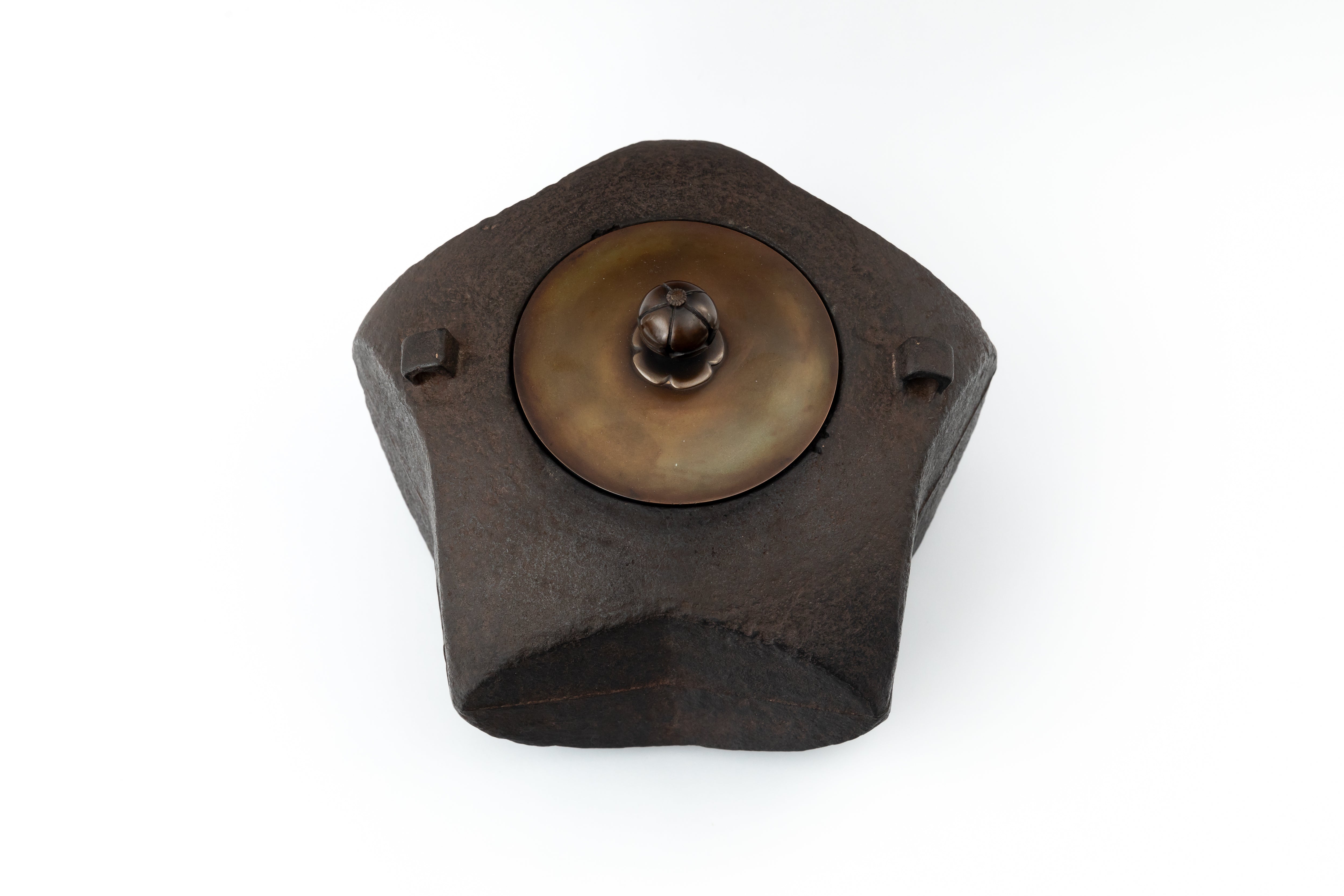
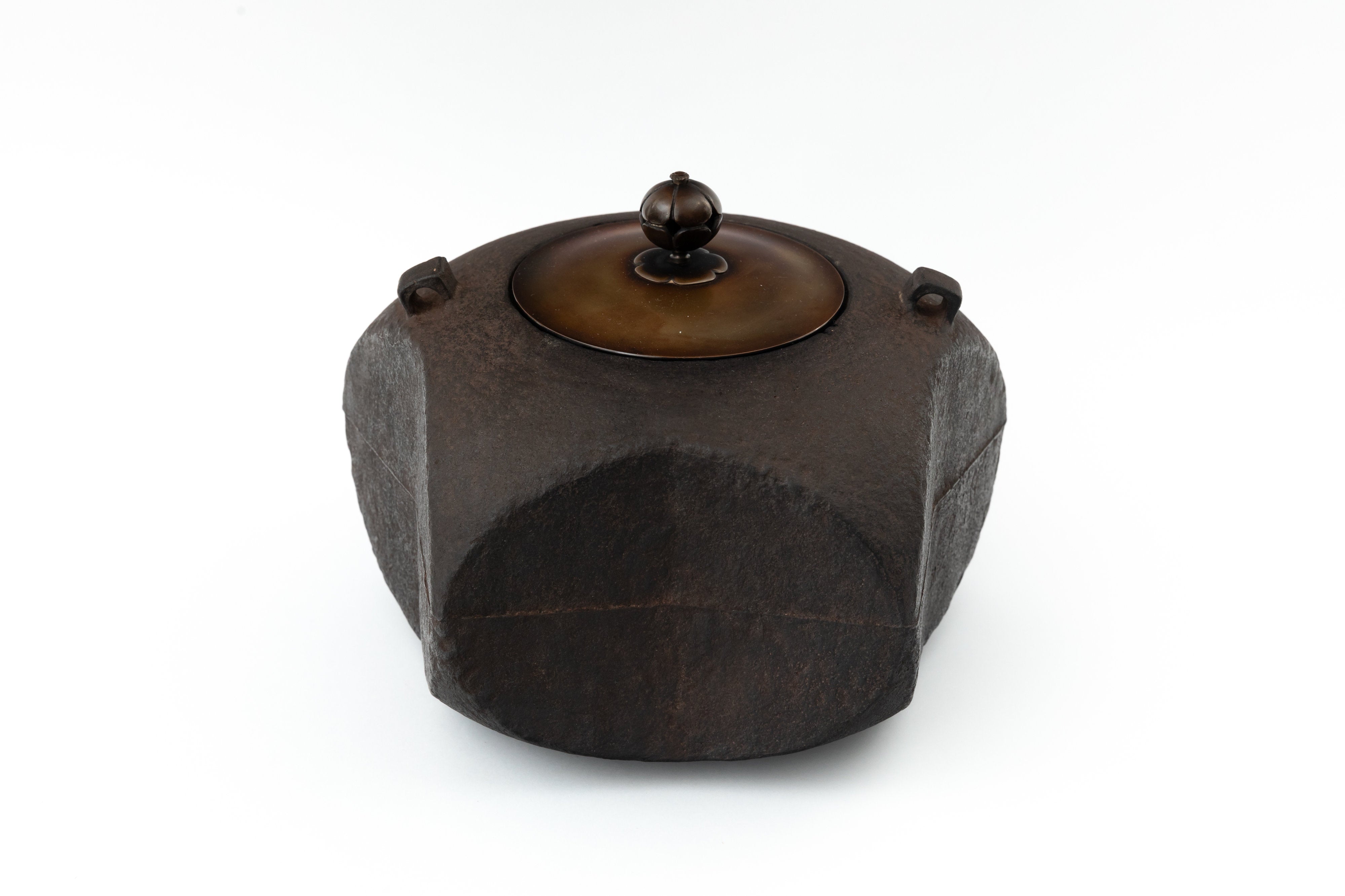
As decorations for Hinamatsuri, shell buckets used in the game "kaiawase" (shell matching) are sometimes displayed.
Shell matching is a game that was popular among aristocratic women from the Heian period through to the Edo period, and is similar to a modern-day game of Concentration.
In particular, clam shells are considered a symbol of marital harmony and good relationships because "only a perfect match can fit together," and they were also used as wedding accessories.
For this reason, shell buckets and shells used in shell matching games are treasured as decorations for Hinamatsuri.
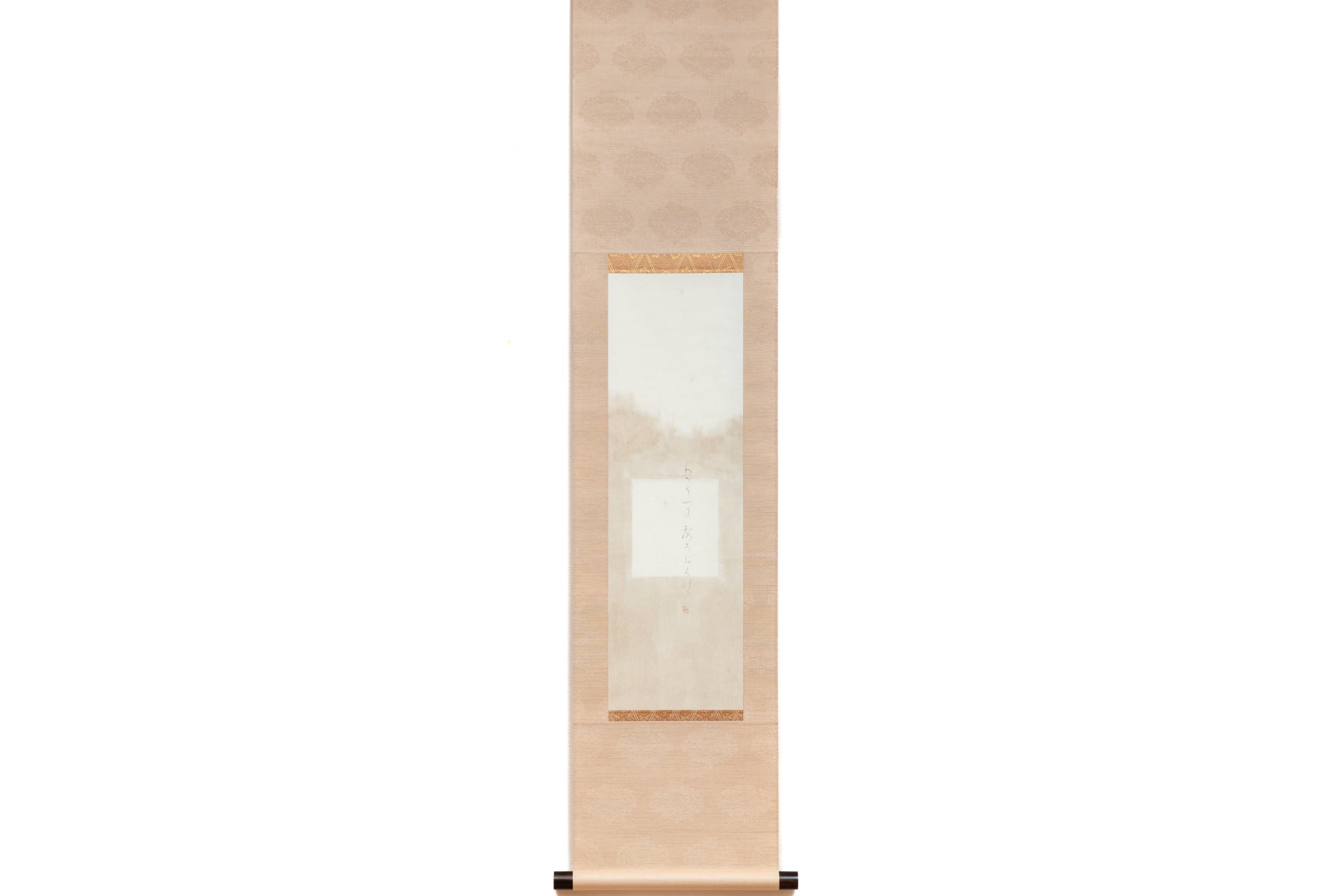
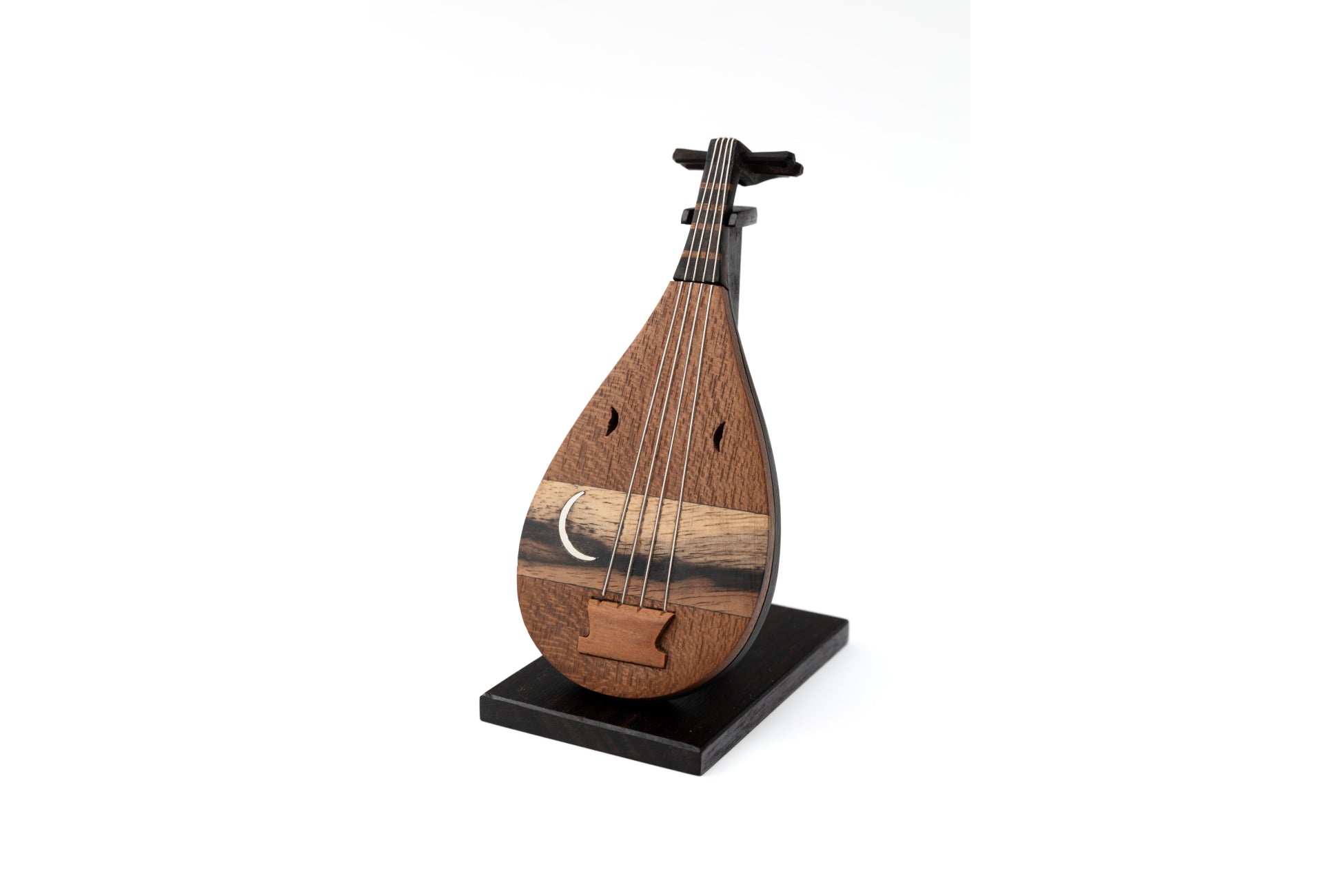
Ginza Ippodo plans exhibitions that correspond to the four seasons of Japan.
We hope we can help you enjoy the changing seasons through these beautiful artworks.
主な飾りと道具
五色の短冊
赤、白、青、紫、黄:陰陽五行に基づく配色で、それぞれの色に徳目(仁・義・礼・智・信)を込める意味がありました。子どもたちに人としての道徳や成長を願う象徴ともなっています。
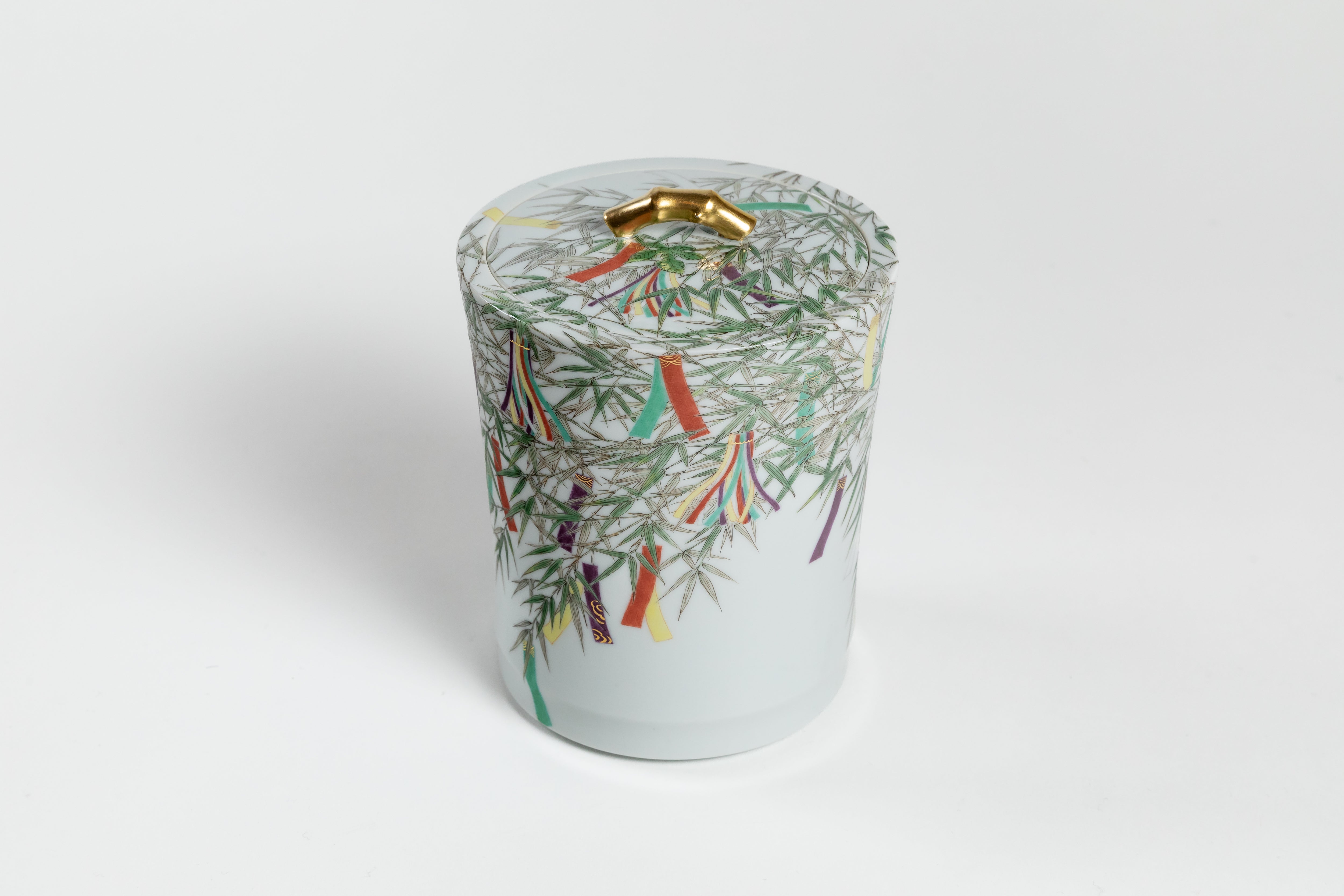
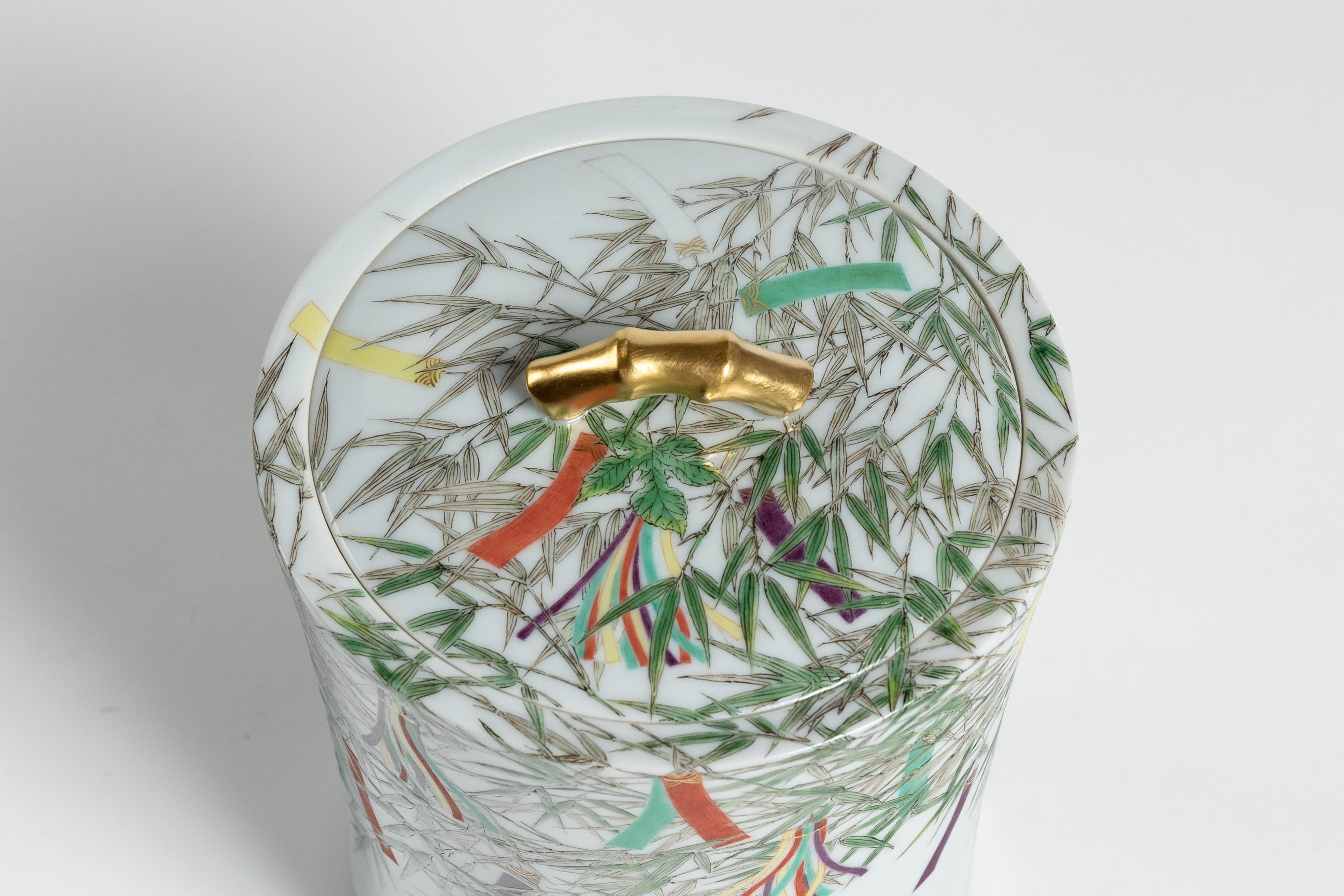
梶の葉
古代から短冊の代わりとして使われていた梶の葉に、墨で和歌を書き、願いを込めます。
書道の上達を祈るための硯・筆も飾られます。芸事を志す人々にとって、七夕は特別な意味を持つ夜です。
琴や笛の演奏
織姫(織女)が機織りの名手であったことから、裁縫・芸事の「巧みさ」を乞う行事が発展しました。
琴や笛など、詩歌管弦の上達を祈念、象徴としてとして置かれます。
銀座一穂堂では季節の移り変わりとともに作品をご案内しております。ぜひ引き続きお楽しみいただければと思います。
Collection
銀座一穂堂の七夕の節句 list
This site also lists discontinued products for your reference.
If you would like to purchase an item, please contact us using the inquiry button on the product page.


